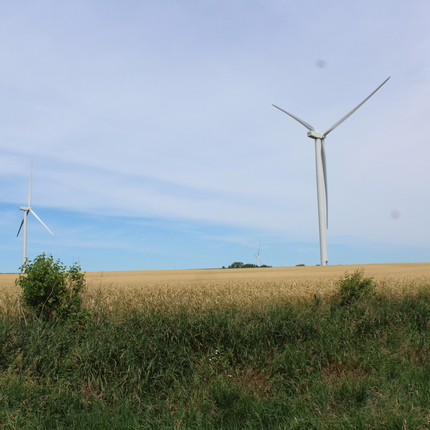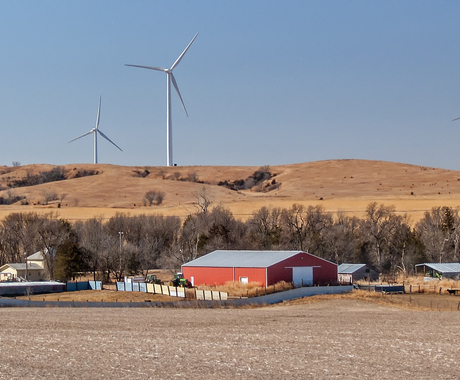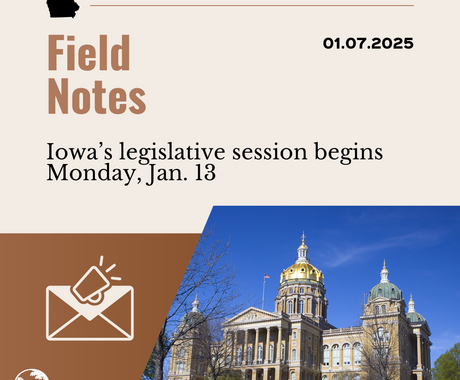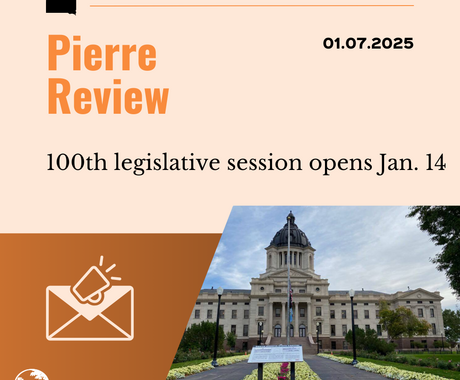Midwestern states continue investing in a bright future by pursuing new renewable energy development. Especially in rural areas, capturing abundant natural resources like wind produces clean power and economic benefits to local areas. After addressing challenges like a lack of sufficient infrastructure to transport new wind energy, states like Michigan have an opportunity to continue expanding their renewable energy industries and boost their economies.
Investing in wind energy brings several benefits to local communities and small towns, like land-lease payments to local landowners, and added revenue to the county tax base through property taxes on new projects.
As wind industry growth continues, new investment, jobs, and manufacturing follow. Michigan is home to 33 manufacturing facilities associated with wind energy, and wind development supports about 4,000 jobs. As for the payments to local landowners, that came out to $4.6 million in 2014.
Recent improvements to transmission infrastructure makes it possible for Michigan to invest more in local, renewable wind power. But new development also raises questions about the impact of wind projects. To insure that projects are built in the best way possible, developers should meet with community members to gather their input and answer their questions.
To ensure these benefits aren’t realized at the expense of landowners and community members, wind energy projects must address the challenges presented by the construction process. All of the issues commonly mentioned by stakeholders deserve attention and careful consideration, and counties and townships must do their best to address these concerns. But it is important that officials and stakeholders strike a balance, protecting local communities while also allowing them to take advantage of their renewable energy resources.
As Michigan continues to capture the wind and produce renewable power, it’s important that local communities experience the benefits of this development and have a chance to have their say. The state is perfectly positioned to be a renewable energy leader, but that development has to be done right for rural communities.
For more information, check out our Clean Energy page.
Policy





